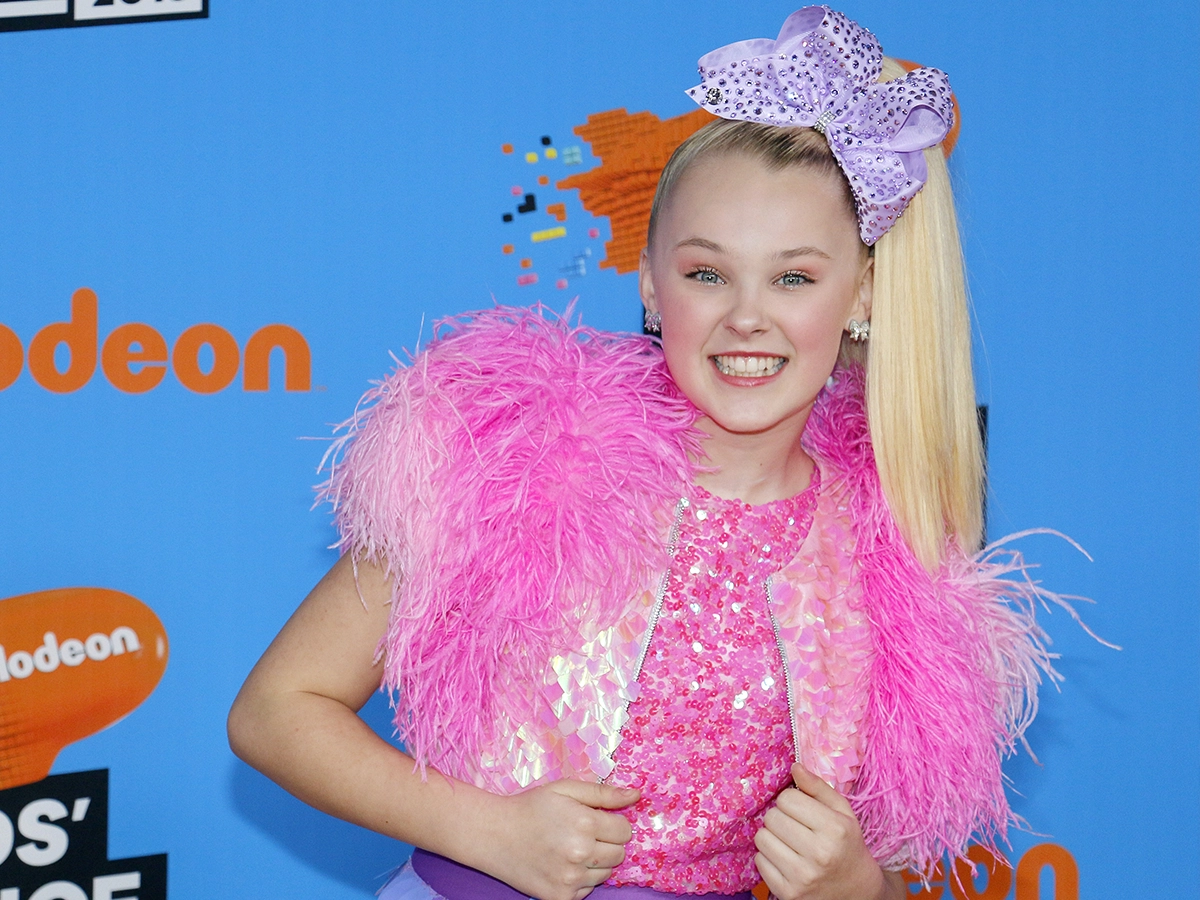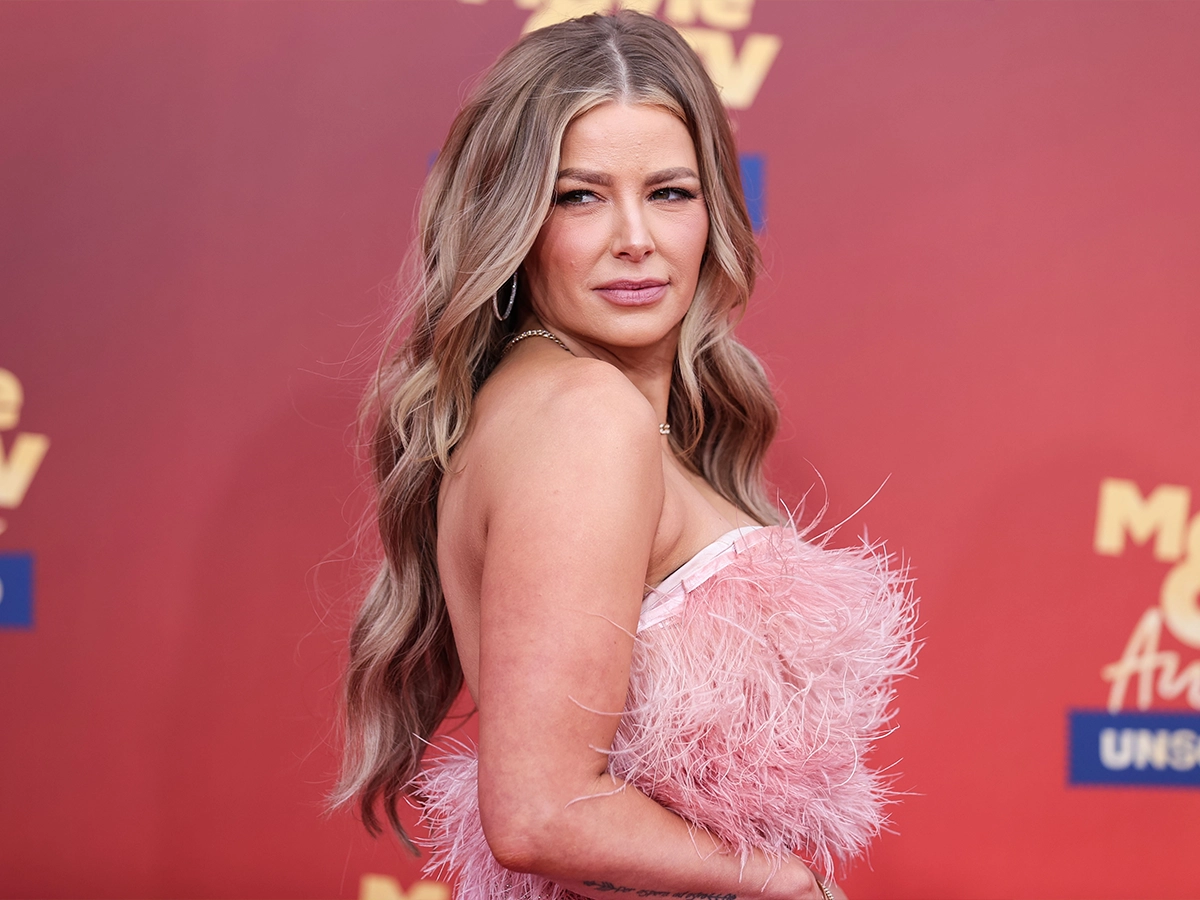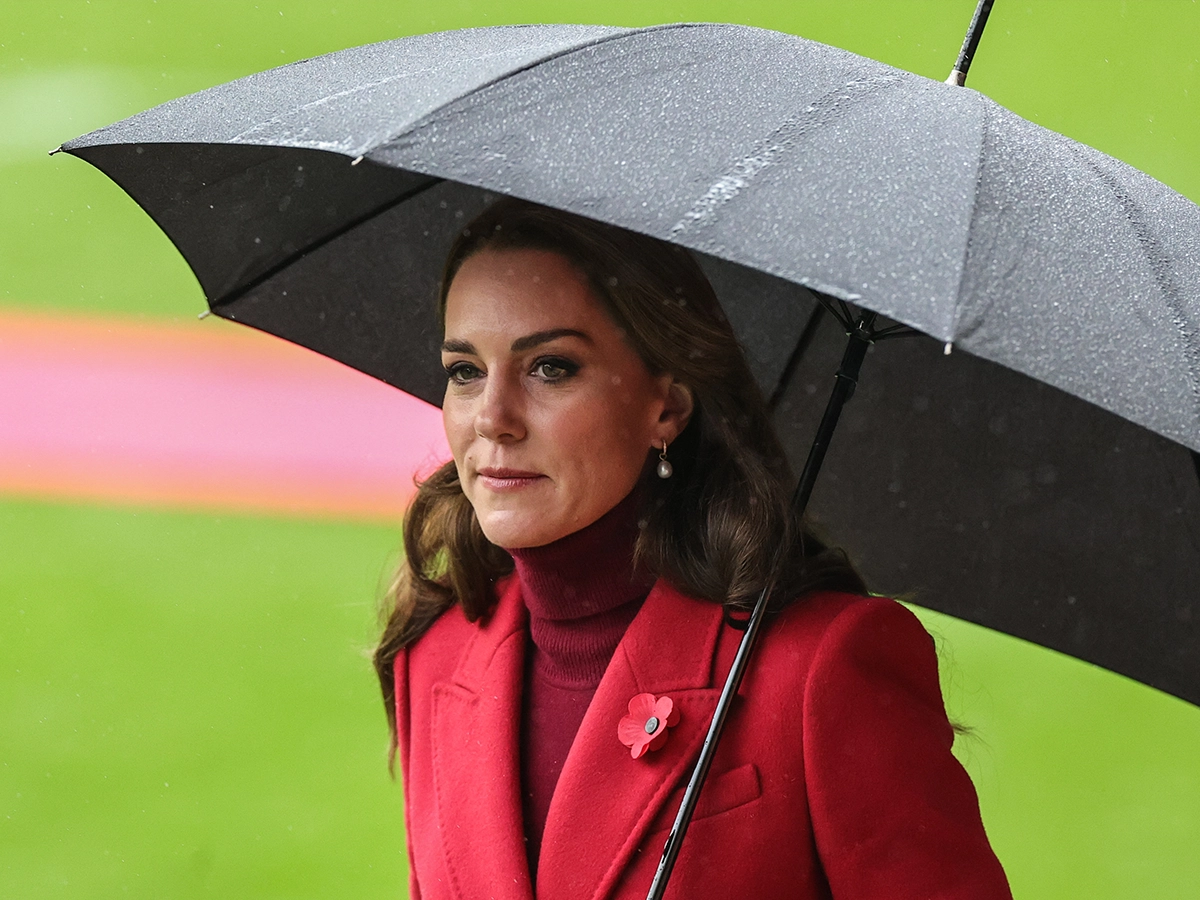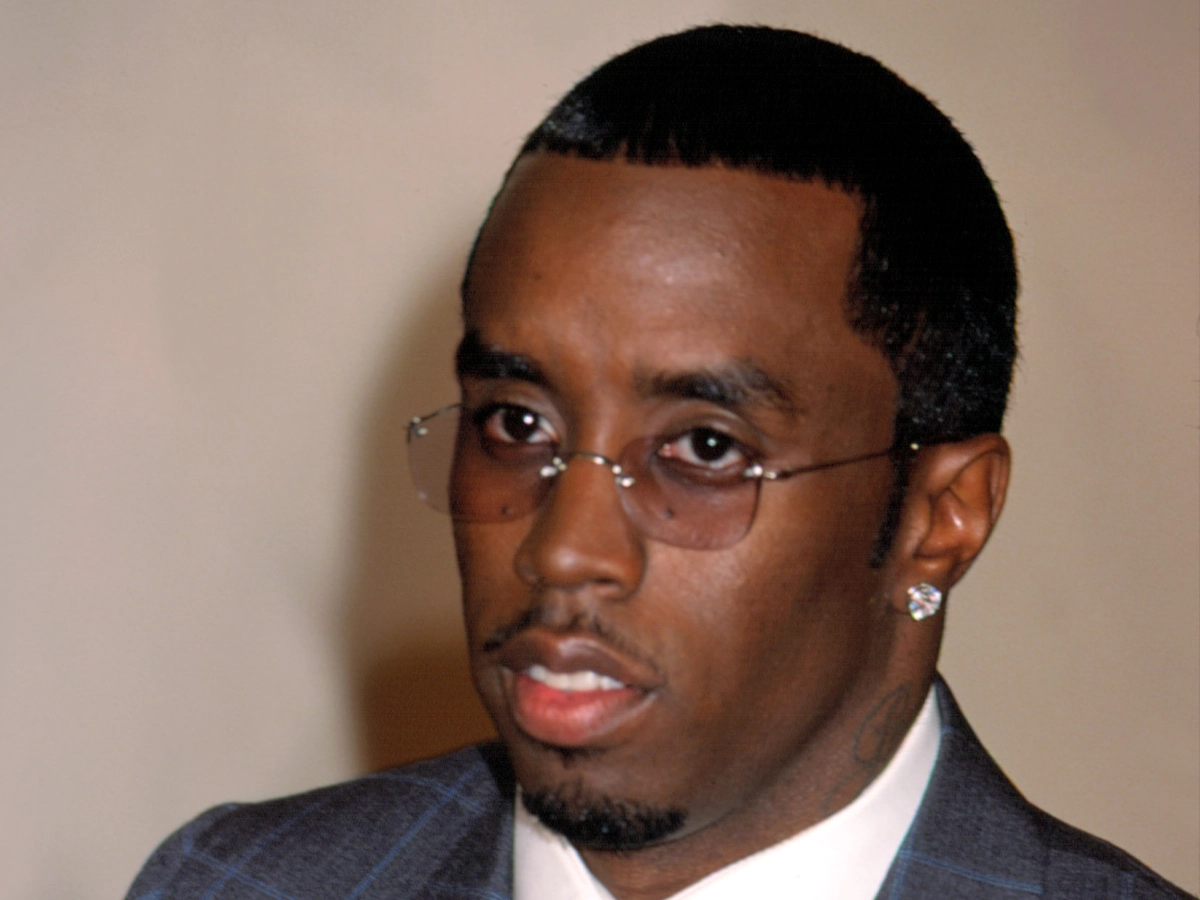Belle Gibson: The Health Influencer Who Faked Cancer

There are actual crime cases that astound us and make us wonder about the extent of human deception. One example of this is Belle Gibson, an Australian wellness influencer who gained notoriety by claiming she had used alternative treatments to treat her terminal cancer. Gibson’s cancer, however, turned out to be a hoax as the truth eventually came to light. This horrific case not only revealed a labyrinth of deceit, but it also prompted crucial inquiries about responsibility, the risks of false information, and the power of social media.
Through her app and social media presence, Belle Gibson shared her alleged journey of fighting cancer and claimed to have treated it with natural remedies and a clean lifestyle. Her story struck a chord with millions around the world who saw her as an inspirational figure and sought her advice for their own health issues. In 2013, Gibson first came to the public’s attention when she released a mobile app called “The Whole Pantry,” promoting holistic health and wellness. Gibson failed to follow through on her commitment to donate a portion of the profits from her app to various charities, which raised the first red flags. She had never made a financial contribution and it was discovered as the inquiries grew more thorough. This information raised questions about her entire journey. As journalists dug deeper, they learned that Gibson had never even been given a cancer diagnosis, much less had a terminal illness.
Gibson’s deception was met with a mixture of amazement, rage, and betrayal by the public. She felt tricked and betrayed by the people who had put their trust in her. Gibson received a lot of rage, and lawsuits were filed against her. She was convicted of several counts of misleading behavior and making false statements in 2017. The court imposed a heavy sentence on her in order to illustrate the negative effects of distributing false information and taking advantage of helpless people. This incident served as a sobering warning of the risks associated with unrestricted social media impact. It is essential to use caution and carefully consider the claims made by influencers in an age where anyone can instantly become a sensation thanks to online platforms. Belle Gibson’s ascent to prominence was propelled by her alluring narrative and endearing character, which enabled her to win over her followers’ trust. It emphasizes the importance of using social media responsibly and exercising critical thought while considering health and wellness advice.
Discussions on the need for accountability and rules in the wellness business have been sparked by the Belle Gibson case. More can be done to prevent false information, even though actions like fact-checking and content management have been taken. When it comes to health-related claims, platforms and customers must both expect transparency and reliable sources. The Gibson case emphasizes the value of skepticism and verification while highlighting the possible harm that can result from unbridled influence.
Through her false claims to have cured cancer, Belle Gibson startled the world with her sad tale of deception. Her experience serves as a warning about the perils of false information and the influence that social media can have. It serves as a reminder of the value of critical thinking and careful information intake in the healthcare field. Transparency, accountability, and fact-checking must be given top priority as we move forward if we are to safeguard vulnerable people from falling victim to dishonest tactics and ensure the welfare of society.







Have your say